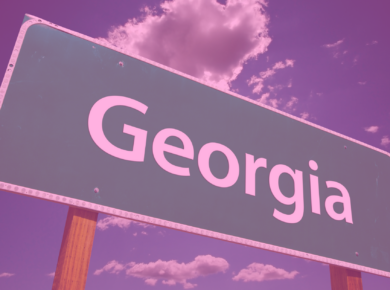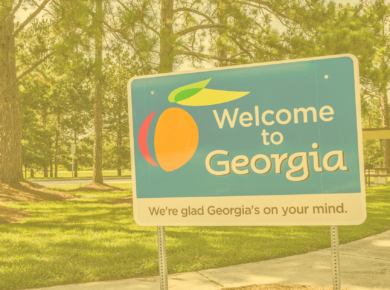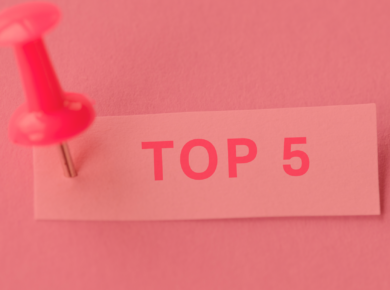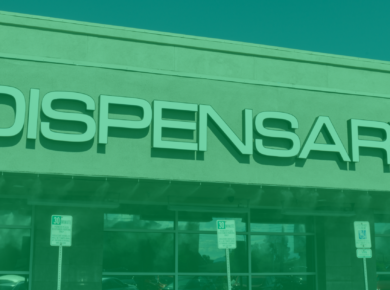Delta 10-THC and CBL, also known as Cannabicyclol, are both naturally occurring compounds present in cannabis and hemp plants. Each holds a unique chemical composition, leading to diverse effects when consumed.
Delta 10-THC is another variant of THC (tetrahydrocannabinol), the compound that bestows cannabis with its psychoactive traits. But unlike Delta 9-THC, Delta 10-THC is less potent and is often associated with a more refreshing and energetic sensation. It’s pivotal to recognize that these effects might fluctuate depending on individual physiology and the compound’s concentration.
On the flip side, CBL emerges as a non-psychoactive cannabinoid found in trace amounts in various cannabis strains. Primarily, it’s birthed from the decomposition of other cannabinoids, predominantly CBC (cannabichromene). Even though extensive research on CBL is still underway, it’s discerned that its molecular structure varies from THC variants, leading to a different interaction with the body’s endocannabinoid system.
To sum it up, while both Delta 10-THC and CBL have their roots in cannabis and hemp plants, their chemical profiles, concentrations, and bodily effects are contrastingly different. Delta 10-THC stands out as a milder form of THC with potentially energizing effects, whereas CBL, a non-psychoactive cannabinoid, is present in minimal quantities and originates from the breakdown of other cannabinoids.
Many States allow hemp derived cannabinoids under the 2018 Farm Bill as long as they contain less than .3% D9 THC. Some States have explicitly banned cannabinoids like Delta 10, so check your local rules and regulations before purchasing.
Here’s the rules for Kush.com and more details
Frequently Asked Questions (FAQs)
- What’s the Core Difference Between Delta 10-THC and CBL?
- Delta 10-THC is recognized for its psychoactive traits, albeit less intense than Delta 9-THC. Contrarily, CBL (Cannabicyclol) is a non-psychoactive cannabinoid found in minimal amounts. The fundamental divergence between them is their effects: Delta 10-THC can modulate your mental state, while CBL remains neutral.
- How Are Delta 10-THC and CBL Extracted from Hemp?
- Both compounds are typically extracted from hemp using parallel methods, with CO2 extraction being the most prevalent. This method harnesses pressurized carbon dioxide to extract the desired cannabinoids.
- Are Both Compounds Present in All Hemp Strains?
- Delta 10-THC and CBL do exist in hemp, but their presence and levels can differ significantly across strains. Some might be rich in Delta 10-THC, while others might favor CBL.
- How Do Legalities Surrounding These Compounds Stand?
- The legal landscape for Delta 10-THC and CBL can vary geographically. In many regions, cannabinoids derived from hemp (containing less than 0.3% Delta 9-THC) are permissible. Always ensure to acquaint yourself with local laws.
- Any Potential Side Effects to Be Aware Of?
- Delta 10-THC, being psychoactive, might induce alterations in perception, mood, and consciousness. CBL, being non-psychoactive, is generally devoid of these effects. However, individual reactions can vary, so exercise caution and prudence.




